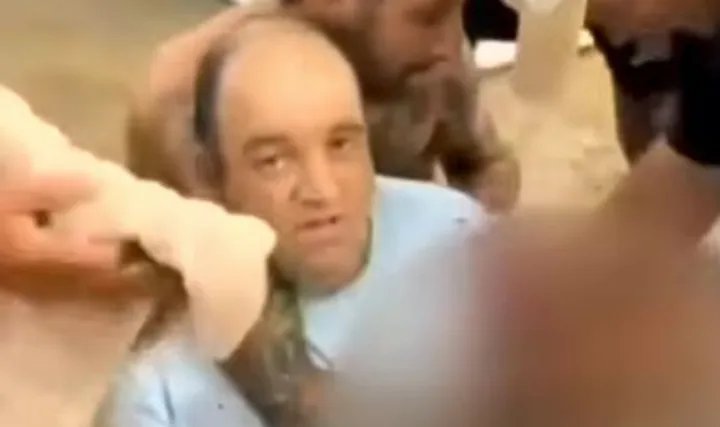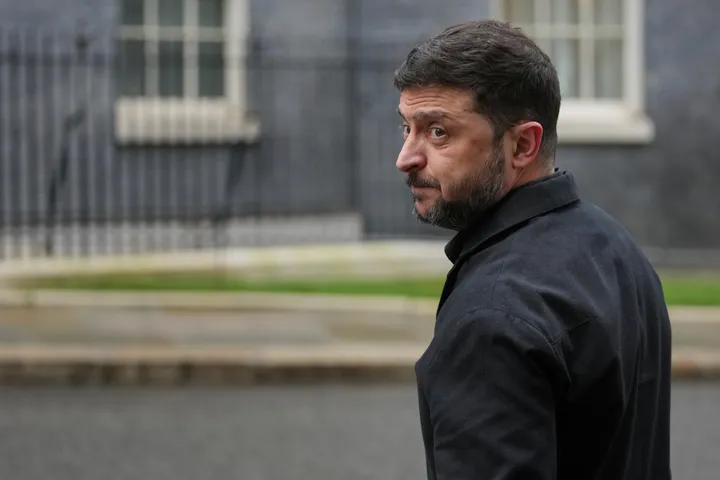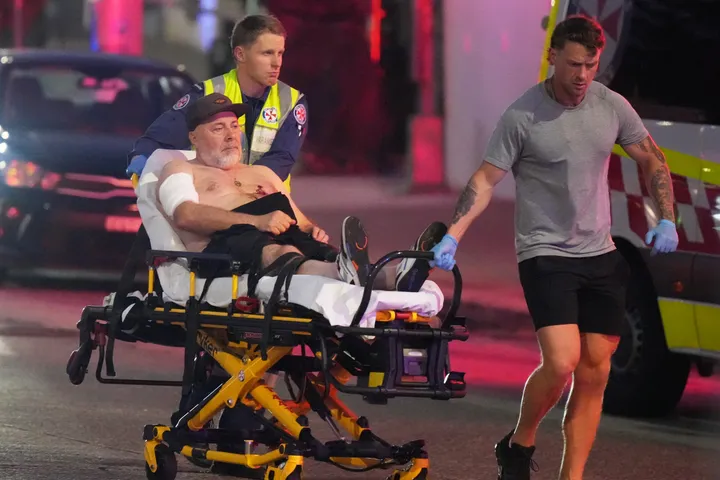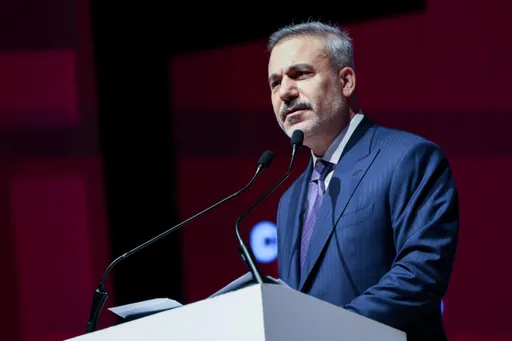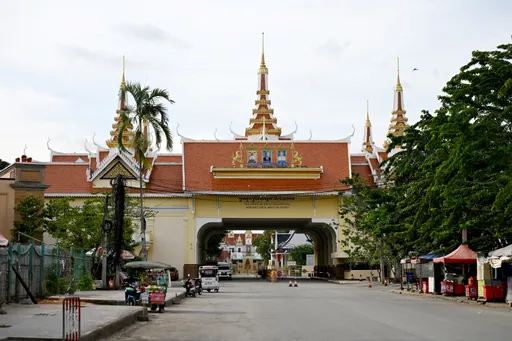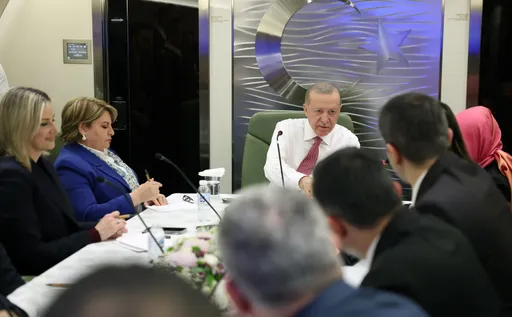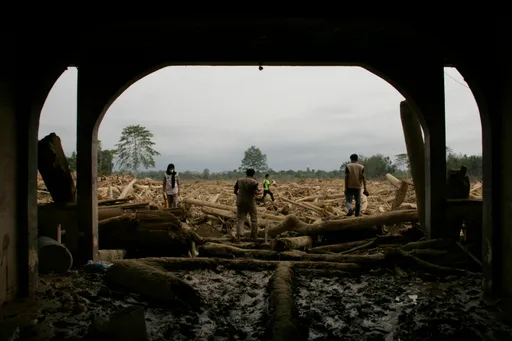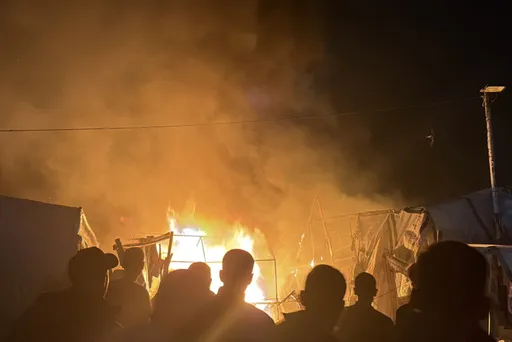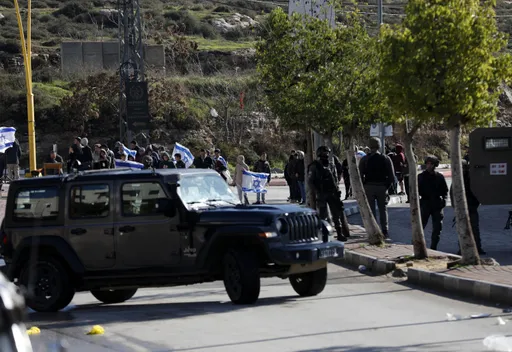At least three people have been killed in the southern Indian city of Bengaluru after violence erupted between police and people protesting over a reported derogatory Facebook post about Prophet Muhammed.
Police on Tuesday night used tear gas and live fire to disperse angry crowds protesting against a social media post allegedly by a relative of local lawmaker Srinivas Murthy. The police firing resulting in fatalities, local broadcaster NDTV reported on Wednesday.
Murthy's nephew Naveen, who is said to have shared the offensive post, has been arrested, local media reported.
Angry protesters gathered outside the politician’s residence overnight. Crowds marched to the local police station and set vehicles outside on fire, demanding the man behind the Facebook post be arrested.
Bengaluru Police Commissioner Kamal Pant tweeted early Wednesday that at least 110 people had been arrested.
“With regard to incidents at DJ Halli, accused Naveen arrested for posting derogatory post…also total 110 accused arrested for arson, stone pelting and assault on police. Appeal to all to cooperate with police to maintain peace,” he said.
Police have imposed a curfew in parts of the city.
Pant later said that 60 police personnel were also injured.
“People had reached the police station, demanding the accused be handed to them. Then they resorted to violence…It all happened over a derogatory post on social media,” he said.
Calls for calm
The danger of communal violence is a constant worry in the world’s biggest democracy.
Soon after the incident, Muslim scholars and politicians stepped in, asking people to refrain from violence.
“There is a youth who is related to a local politician. He has posted that ‘I am not secular’ and then also posted a derogatory post on social media against Prophet Muhammed, which angered people,” Maulana Mohammed Maqsood Imran Rasheedi, a top Muslim scholar in Bengaluru, said.
“We have appealed to people to maintain peace and not to resort to any kind of violence,” he added.
READ MORE: WhatsApp asked to prevent misuse after mob lynchings in India
Senior Congress leader Dinesh Gundu Rao also tweeted, urging people to maintain calm.
“What was written about the Prophet is the working of a sick mind with an intention to create violence. It is highly objectionable, and such statements about any person revered by any community need to be handled in the strictest way possible by the authorities,” he said on Twitter.
READ MORE:Life of Muslims in 'Modi-fied' India
In another tweet, he said: “If anybody has written anything objectionable, the law will take its course, and there are so many ways in a democracy to fight for justice. In today’s world of Social Media, provocative words are written by crazy people. Let us condemn it. But Violence is not the answer.”
Communal tensions
Hate crimes against minorities have spiked in India since Narendra Modi and his Hindu nationalist Bharatiya Janata Party (BJP) came to power in 2014.
Dozens of Muslim men have been attacked or lynched by Hindu mobs since then, many on suspicion of slaughtering cows, which are considered holy in the Hindu religion.
The United States last year released an annual report on international religious freedoms that said religious intolerance was increasing in India and extremist narratives had “facilitated an egregious and ongoing campaign of violence, intimidation, and harassment against non-Hindu and lower-caste Hindu minorities.”
At least 50 people were killed in capital New Delhi's worst sectarian violence in decades, over two-thirds of them from India's Muslim minority, earlier in February this year.
Mosques were burnt and vandalised along with Hindu-owned shops and at least 15 Hindus were killed.
The trigger for the riots, the worst sectarian violence in the Indian capital in decades, was a citizenship law introduced last year that critics say marginalises India’s Muslim minority.

